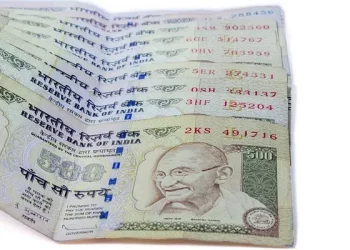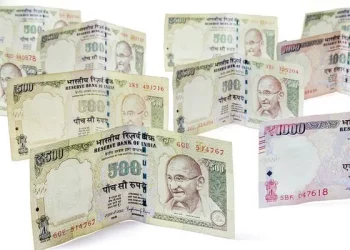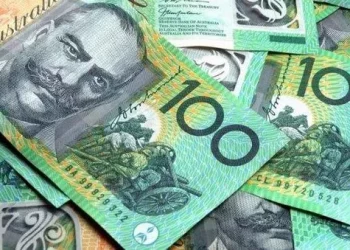Reasons for strong policy: 1. To lure free dollars back to the United States.
Because the United States has been running huge foreign trade deficits for years, a large number of dollars have been “exported” to some countries, forming the Eurodollar (or offshore dollar) outside the United States is free, not controlled by the United States government.
A strong dollar policy helps to channel free dollars back to the United States and can be properly monitored to mitigate their effects.
2. Provide guarantee for the implementation of investment-oriented strategy.
Among the factors of economic growth, investment contributes the most to economic growth in the United States.
The United States has a very low domestic savings rate and a large savings and investment gap.
Investment generated by domestic savings alone no longer supports the investment needed for rapid growth.
The introduction of capital is an important guarantee for the implementation of investment – oriented strategy.
Only with a strong dollar policy will foreign capital “voluntarily” flow into the US to bridge its savings-investment gap.
3. Cushion the inflation risk from interest rate cuts.
In order to implement an investment-oriented strategy, the United States must reduce to stimulate investment demand.
Cutting interest rates, however, would expose the economy to the risk of inflation.
Concerns about inflation risk limit the operation of interest-rate tools.
Under a strong dollar policy, cheap foreign capital and imports of imported goods will effectively mitigate the inflation risk caused by the Fed‘s rate cut.
4. To enrich the U.S. bond market.
Because of the military budget and the need to strengthen US global hegemony, the annual US government expenditure is huge.
Financing from the US domestic capital market alone is bound to compete with the US demand for private investment.
Of course, the U.S. government and the public don’t want that.
In order to seek “external financing” to enrich the US bond market, a strong dollar policy must be implemented.
5. To strengthen New York as an international financial center.
The United States is a powerful financial market in the world, but New York consistently ranks second to London in the rankings of global financial centers, a fact that the United States does not want to see.
A big part of London’s strength is its large Eurodollar business.
A strong dollar should make London less competitive and New York more powerful.
6. Strengthen the international role of the dollar.
In the mid to late 1990s, the euro was about to rise, posing a great challenge to the international hegemony of the dollar.
A strong dollar would help consolidate the territory of the dollar, head off the potential threat of the euro to the dollar, and ensure that the US government receives large seigniorage revenues from “exporting” dollars.

























